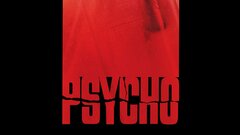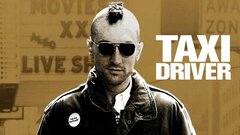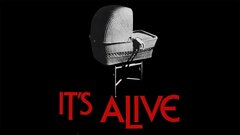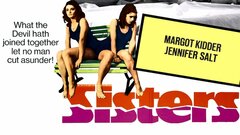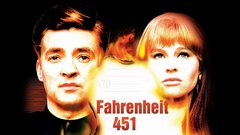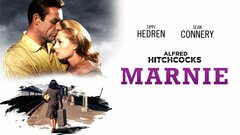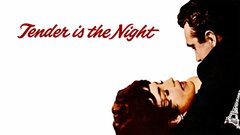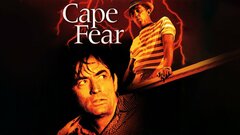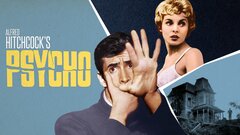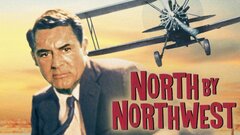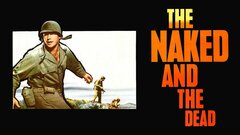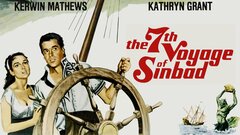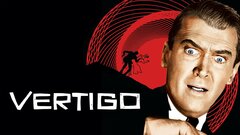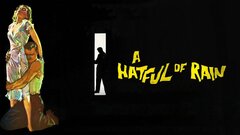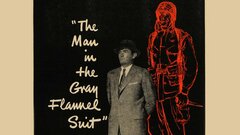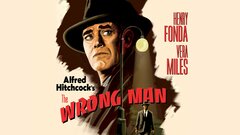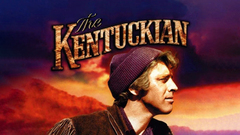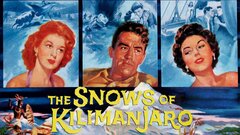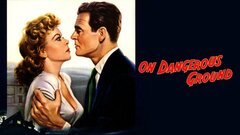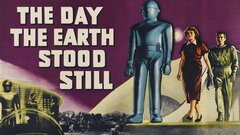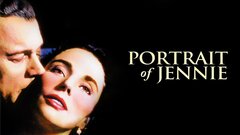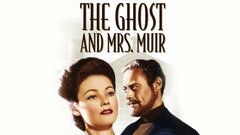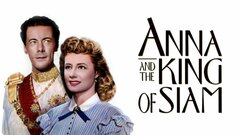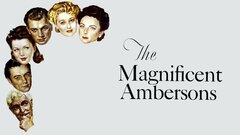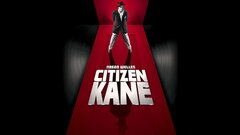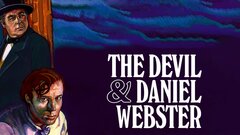Renowned for his short but masterful musical cues, pioneering use of electronics and fiercely independent working methods, Bernard Herrmann is widely regarded as one of the greatest American composers in film history. The Juilliard School graduate began his remarkable career at CBS, firstly as a conductor where he forged a reputation as a champion of new and unknown music, and secondly as a protege of Orson Welles, arranging scores for dozens of the director's radio productions as well as his big-screen masterpiece "Citizen Kane" (1941). Herrmann won the only Oscar of his career for his work on "The Devil and Daniel Webster" (1941) but it was his nine-year partnership with Alfred Hitchcock, and work on "Vertigo" (1958) and "Psycho" (1960) in particular, that elevated him into the realm of all-time greats.
Herrmann's collaborations with Dynamation pioneer Ray Harryhausen further cemented his status, and although he later rejected Hollywood for its hit-chasing obsession, his music remained omnipresent in a new wave of American cinema helmed by the likes of Brian De Palma and Martin Scorsese. Despite his sudden death the day after completing work on the latter's "Taxi Driver" (1976), Herrmann's classical and film compositions continued to make a significant cultural impact throughout the following half-century.
Born in New York City in 1911 to a Jewish middle-class family of Russian origin, Herrmann was diagnosed with Sydenham's syndrome, a neurological disorder which can affect personality development, at the age of five. The condition caused Herrmann to distance himself from friends and immerse himself in music, and after winning a composition prize in his early teens, he went onto study with Percy Grainger and Philip James at New York University, attend Juilliard School and form his own chamber orchestra.
Herrmann landed his first job in 1934 as a staff conductor at CBS where he further developed his distinctive style, and became a favorite of Orson Welles, writing and arranging music for the likes of "The Mercury Theatre on the Air" (CBS, 1938) and "The Campbell Playhouse" (CBS, 1938-1940), as well as conducting the infamous 1938 adaptation of H.G. Wells' The War of the Worlds. Herrmann also continued his affiliation with the legendary director on the big screen when he wrote the scores for "Citizen Kane" (1941) and "The Magnificent Ambersons" (1942), picking up the first of four Oscar nominations for the former.
Herrmann did, in fact, win an Academy Award for his work on fantasy film "The Devil and Daniel Webster" (1941), although it proved to be the only one of his enduring career, and further established his name in Hollywood with scores for the likes of "Jane Eyre" (1943), "Anna and the King of Siam" (1946) and "The Ghost and Mrs. Muir" (1947). But Herrmann also continued to work his way up the CBS ladder, and in 1943, was appointed Chief Conductor at the network where he became renowned for championing British and American music that had previously been unable to find an audience.
CBS eventually disbanded its orchestra in 1955, but by then Herrmann had significantly added to his body of film composing work, most notably with "The Day The Earth Stood Still" (1951) in which he pioneered the use of various electronic instruments, and had also ventured into opera with a 1951 adaptation of "Wuthering Heights" co-written with first wife, Lucille Fletcher.
Herrmann's versatile talents had also attracted the attention of Alfred Hitchcock, who invited him to score black comedy "The Trouble With Harry" (1955), the first of seven films that the pair would collaborate on over the next nine years. Herrmann's music made the biggest impact in "Vertigo" (1958) where his "Tristan und Isolde"-inspired melodies were regularly allowed to take center stage, and in "Psycho" (1960), where his use of screeching violins during the murderous shower scene helped to produce one of the most iconic moments in horror movie history.
Herrmann also scored 17 episodes of "The Alfred Hitchcock Hour" (CBS, 1955-1965) but the pair's relationship soured shortly after when Herrmann, who famously demanded full creative control on each project, refused to create the more modern jazz-pop-influenced score that studio executives wanted for political thriller "Torn Curtain" (1966) and was passed over in favor of John Addison.
Herrmann had also produced several other memorable film scores during his Hitchcock period including "Journey to the Center of the Earth" (1959), "Cape Fear" (1962) and a string of Ray Harryhausen Dynamation classics such as "The 7th Voyage of Sinbad" (1958), "The Three Worlds of Gulliver" (1960) and "Jason and the Argonauts" (1963). Herrmann also composed music for various episodes of "The Twilight Zone" (CBS, 1959-1964) including the theme to its first season, and Western drama "Have Gun - Will Travel" (CBS, 1957-1963). But frustrated by Hollywood's reliance on soundtracks that could spawn a hit single, Herrmann began to shift his focus towards Europe, and after composing acclaimed scores for Frenchman Francois Truffaut's dystopian sci-fi drama "Fahrenheit 451" (1966) and adaptation of William Irish's "The Bride Wore Black" (1968), he moved to London with his third wife, journalist Norma Shepherd.
Herrmann subsequently returned to the stage when he composed the 1968 musical comedy "The King of Schnorrers," made a number of LPs featuring the music of Gustav Holst, Charles Ives and Debussy, and recorded several of his own concert works including the cantata "Moby Dick" and the suite "Welles Raises Kane." But he also kept one foot in the film industry, and as well as working on the likes of British psychological thriller "Twisted Nerve" (1968), Yugoslavian partisan film "Battle of Neretva" (1969) and American horror "It's Alive" (1974), Herrmann found himself courted by the new film-school generation of directors.
Firstly, he composed the music for Brian De Palma's Hitchcock-indebted thrillers "Sisters" (1973) and "Obsession" (1976), and secondly, he produced the jazz-oriented score for Martin Scorsese's vigilante classic "Taxi Driver," picking up Oscar nominations for both of the latter two in the same year. Sadly, Herrmann never got the chance to make it to the ceremony as just hours after viewing the rough cut of what was to be his next project, Larry Cohen's "God Told Me To" (1976) on Christmas Eve, 1976, he passed away from cardiovascular disease, aged 64.



